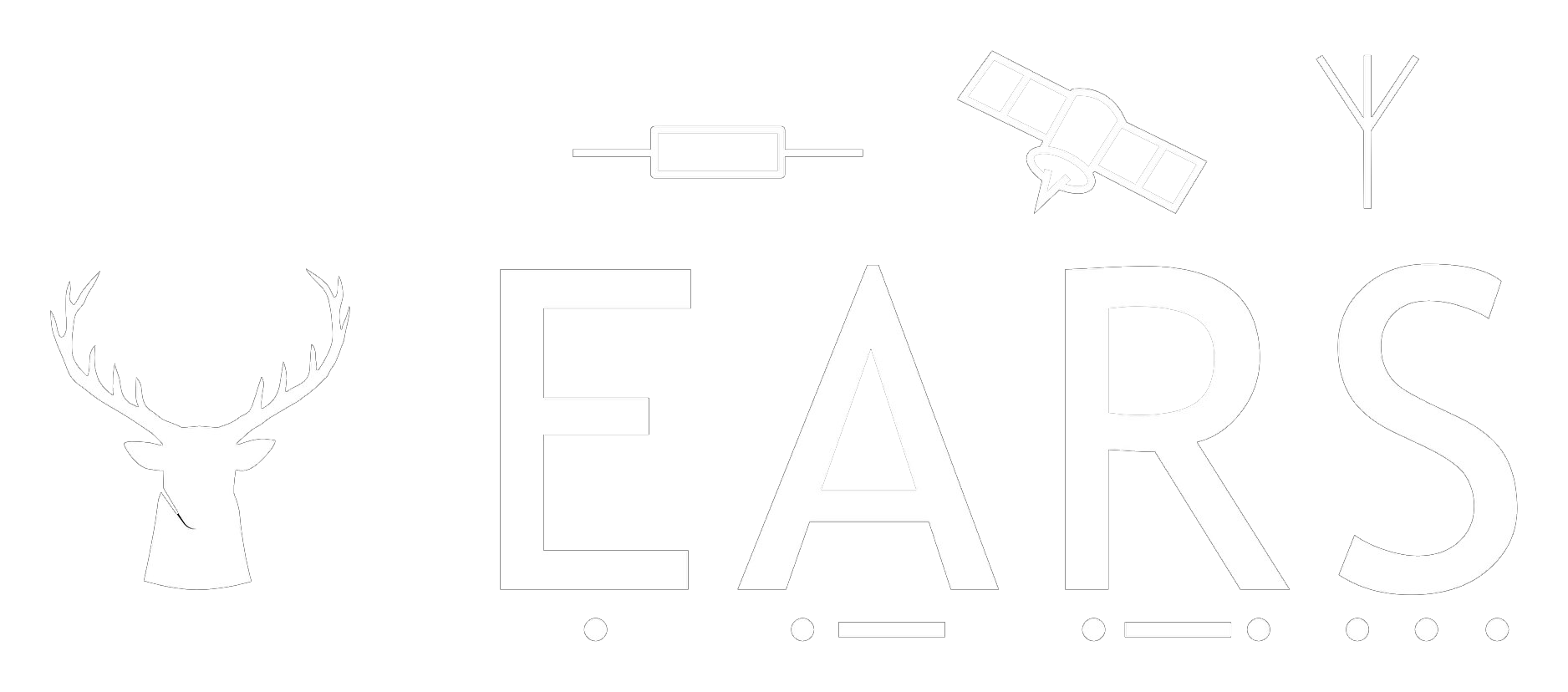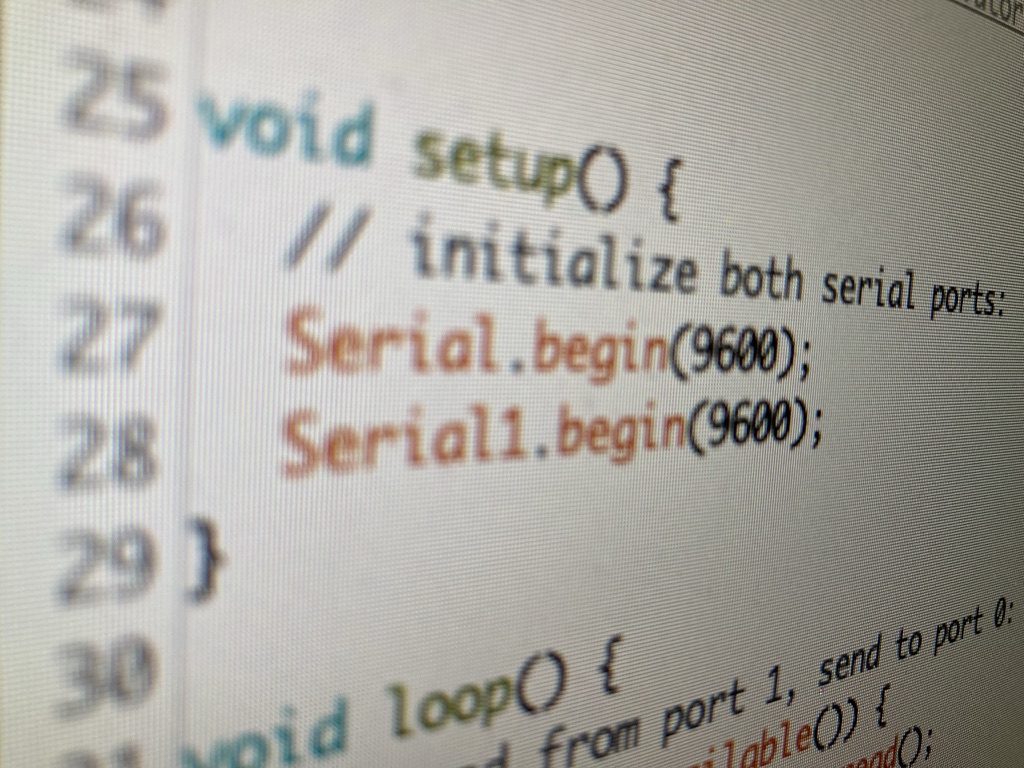Want to get a comprehensive introduction to the Arduino electronics platform? We’ll teach you! Over 5 sessions of 2hrs each, we’ll cover all the fundamentals you’ll need to get started on your own digital electronics projects. This will include an introduction to what Arduino is, microcontroller programming, and some general electronics concepts.
The Arduino platform enables fast and easy digital electronics prototyping, allowing for control of all manner of electronic components (sensors, LEDs, displays, motors etc.). It’s one of the most popular prototyping platforms and has applications in many subject areas. Plus, it’s a lot of fun!
Absolutely no prior experience is required, and we’ll provide all the necessary electronics – just bring your laptop! We’ll be using the Arduino IDE for this course – available here. We recommend installing this before the first session, but if you run into problems, we can help at the first session. We charge a £5 fee for the entire 5 week course, making it an incredibly cost-effective introduction to Arduino.
Keep an eye on our website, mailing list, and social media to find out when sign-ups open!
1. Basic Arduino Introduction
- What is an Arduino and what can it do?
- IDE feature guide
- Explanation of Arduino sketch structure
- Basic programming constructs (e.g if statements, for loops etc.)
- Blink on-board LED
- Blink external LEDs
2. Exploring Other Pin Functions
- Get button input to toggle a LED
- Analogue read using a potentiometer
- Analogue write to dim a LED
- Tone to make sounds with a buzzer
3. Exploring Serial Communication
- UART to PC
- SPI (using SPI temp sensor)
- I2C (using I2C temp sensor)
4. Advanced Features of Arduino
- Interrupts to speed up code
- Timer interrupts
- EEPROM
5. Final Project
- When should you use an Arduino?
- How to find help when you get stuck
- What is a datasheet, and how do I read one?
- Where can I get hardware?
- What else is out there?


